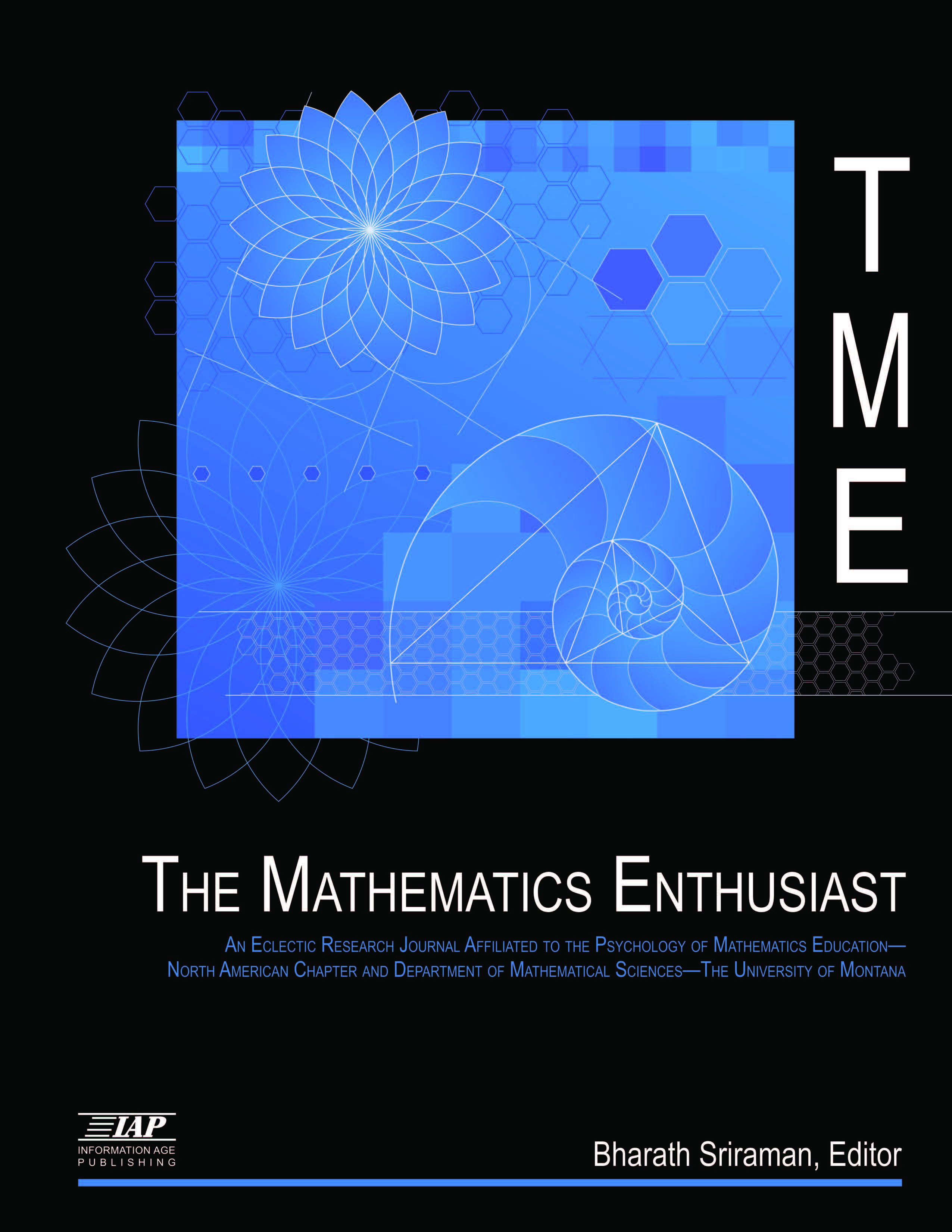
Volume
17
Issue
2-3
Abstract
What do prospective elementary teachers (PTs) need to learn about the nature and practice of mathematics? What pedagogy is powerful in achieving those learning outcomes? This article focuses on ways to foster and model a classroom culture of doing mathematics with PTs. We describe ways to support them in solving problems, using and valuing precise language and notation, making sense of definitions, conjecturing, generalizing, and in communicating and justifying their mathematical thinking. We assert that participation in authentic mathematical practices provides PTs with the mathematical disposition and the tools to continue to learn mathematics long after they leave your classroom; it helps them to make sense of the Common Core State Standards (CCSS) for Mathematical Practice (CCSSI, 2010); and it supports them in embracing a culture of doing mathematics with children in their own mathematics classrooms. While our advice is situated in theory and supported by research, it is also practical. We use examples of classroom dilemmas and dialogue to illustrate our suggestions.
First Page
907
Last Page
937
Recommended Citation
Bernander, S., Szyklik, J. E., & Seaman, C. E. (June 2020). Fostering and modeling the common core standards for mathematical practice in content courses for prospective elementary teachers. In A. Appova, R. M. Welder, and Z. Feldman, (Eds.), Supporting Mathematics Teacher Educators’ Knowledge and Practices for Teaching Content to Prospective (Grades K-8) Teachers. Special Issue: The Mathematics Enthusiast, ISSN 1551-3440, vol. 17, nos. 2 & 3, pp. 907–937. ScholarWorks: University of Montana. Retrieve (open access) from: https://scholarworks.umt.edu/tme
Digital Object Identifier (DOI)
10.54870/1551-3440.1507
